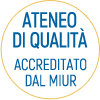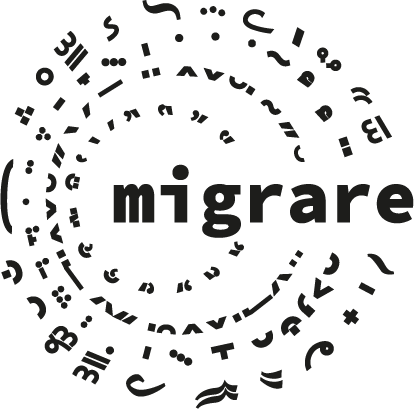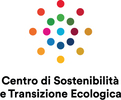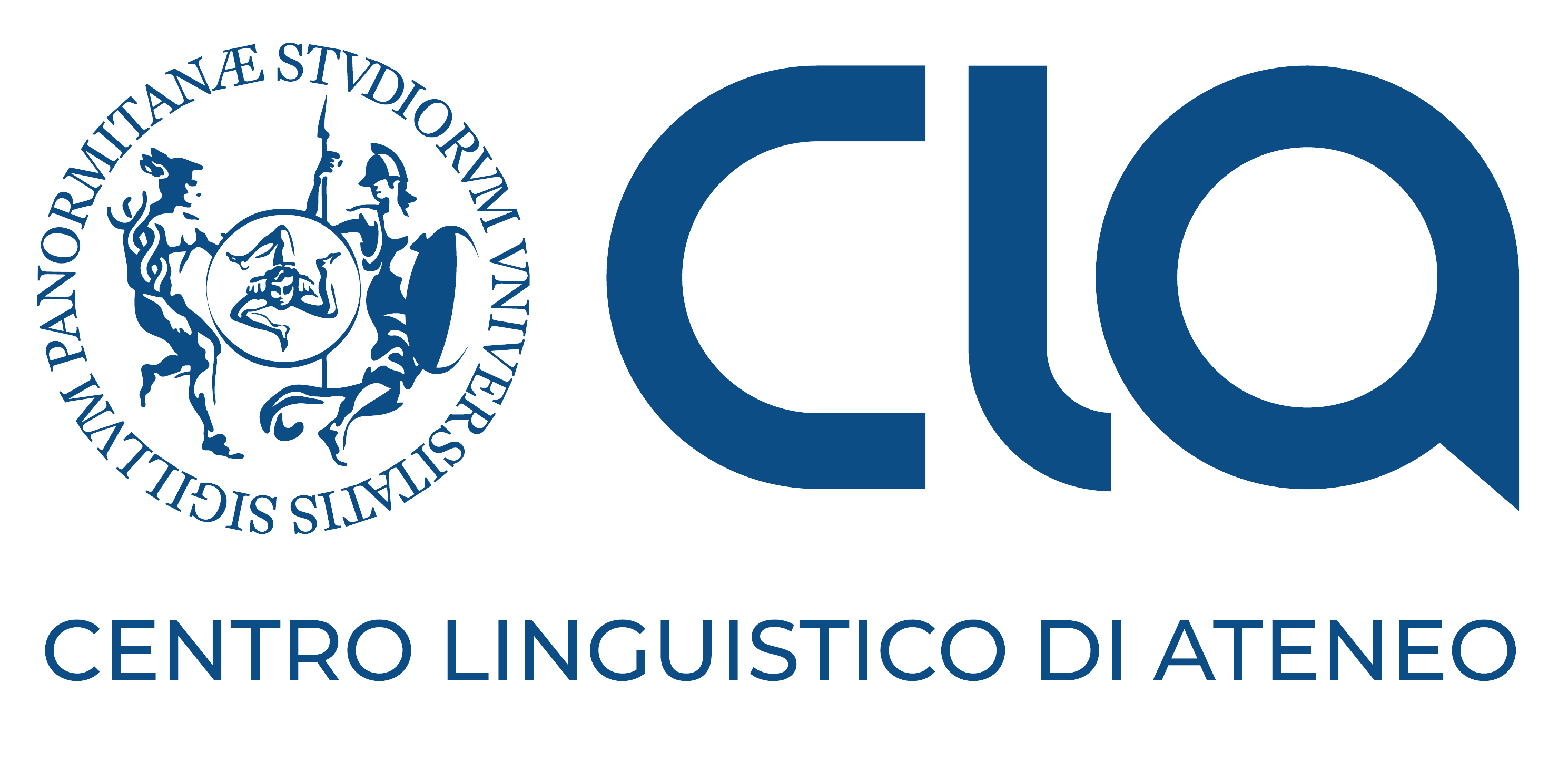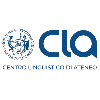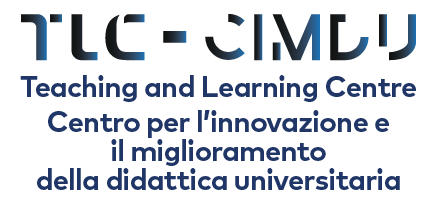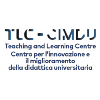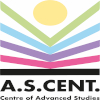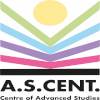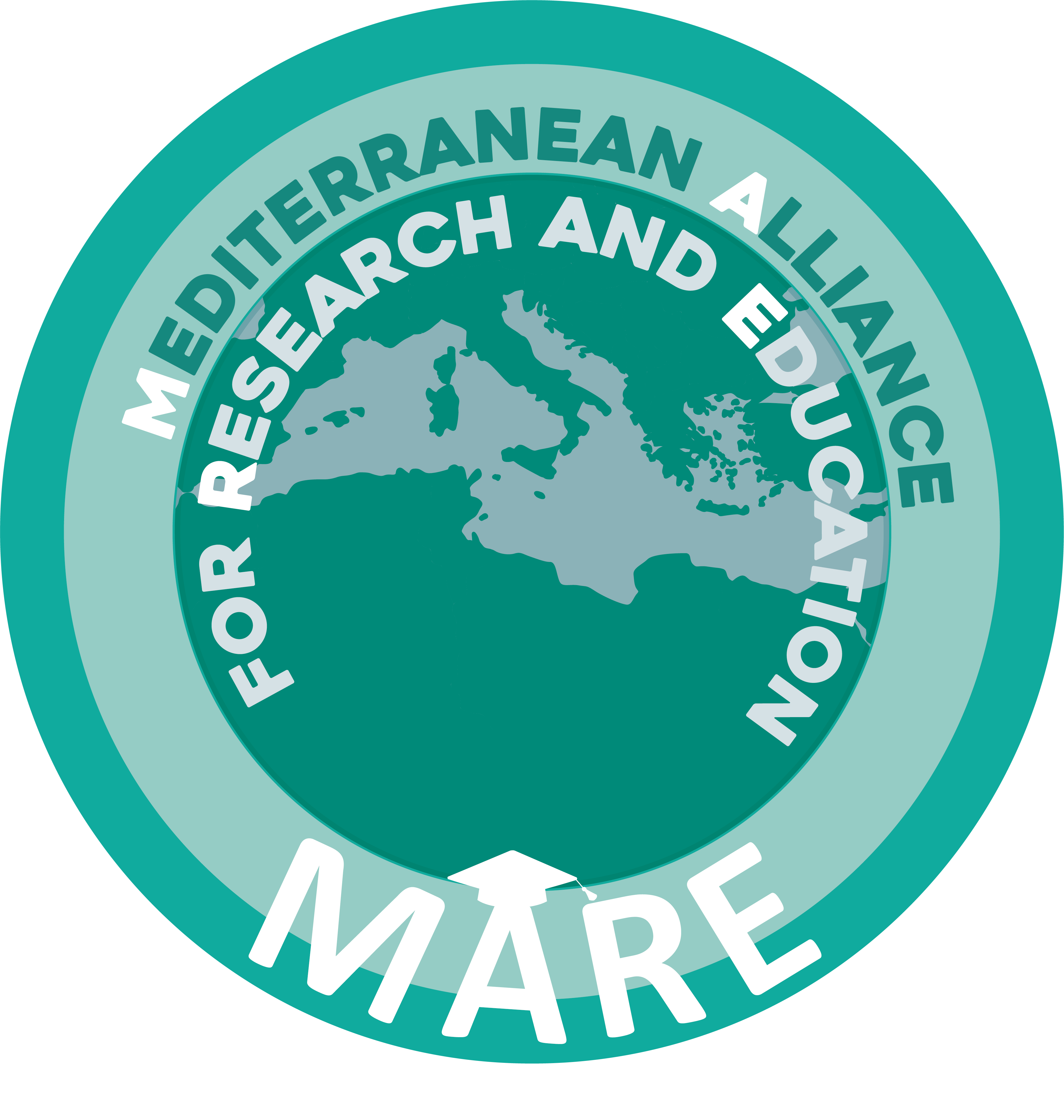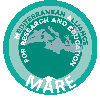Curriculum Economics
Phd in Applied Economics
The main outcome is to broaden and deepen specialization and economic studies to deal with the different challenges that growth requires for a Region as Sicily characterized by large economic and institutional gaps.
The PhD program in Applied Economics follows the 'Lisbon Agenda 2000 and 2020 European Strategy for competitiveness, which commits all institutions to preparing the transition to a new and more competitive, knowledge-based economy based on three pillars:
- promote education and information to live and work in the new knowledge society;
- enhance the development of research and innovation;
- create an environment conducive to the emergence and development of activities and innovative firms.
-The economics studied in applied economics includes objectives, instruments and modes of intervention in the economy by the state, regional and local authorities, central banks and other authorized independent national and supranational organizations. Is relevant to the study of monetary and budgetary planning policies of macroeconomic aggregates, income, labor market, the educational and cultural activities, health and social policies, international policies and their coordination, functions and role economic institutions.
-The fields also include the study of productive sectors of the economy and territory. Are of particular importance, among others, fields of inquiry such as the configuration and dynamics of the markets, the economy of business and innovation, the service economy, transportation economics energy and environment, the 'economy and the structure of space and territory, the processes of regional development and public policies related to these fields,
-These fields includes the application of mathematical and statistical instruments to develop theoretical and applied models in economics such as applied econometrics, economic analysis and economic long-term economic forecasting, financial analysis of individual choices of economic behavior, the assessment of economic, econometric analysis of efficiency and risk in a real and financial sectors, firms and innovation process.
In order to facilitate a better European identification with the European Research Council are also included some areas of the sectors SH1, SH2 and SH3, with particular attention to the groupings of the social sciences:
SH1: Individuals, institutions and markets: economics, finance and management
SH2: Institutions, values, beliefs and behaviour: sociology, social anthropology political science, social studies of science and technology
SH3: Environment and society: environmental studies, demography, social geography, urban and regional studies




